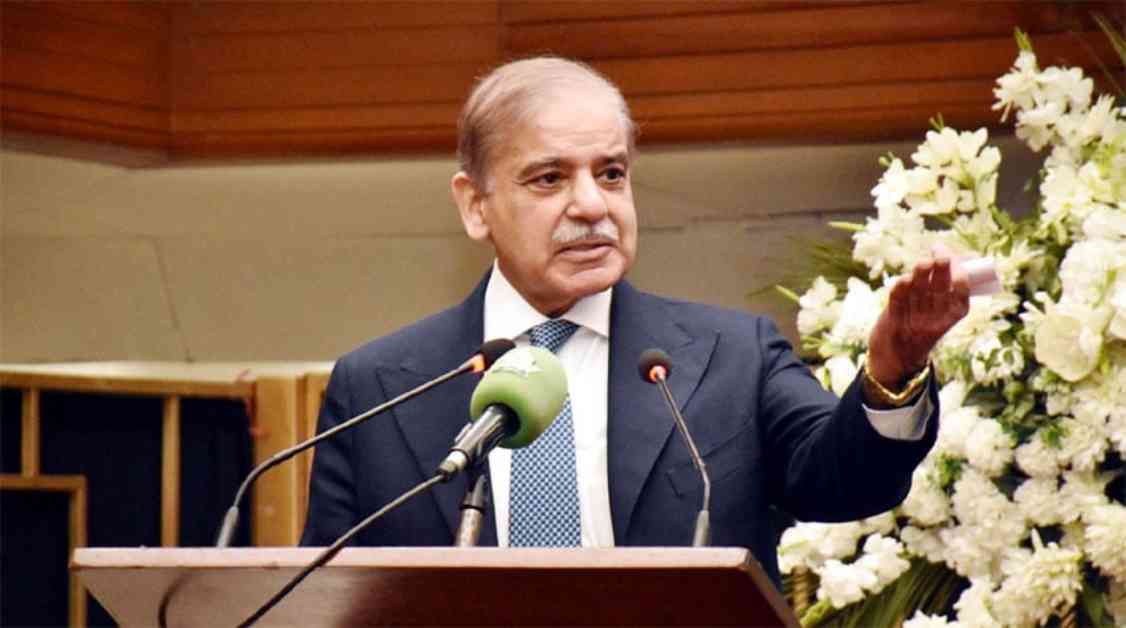Prime Minister Shehbaz Sharif has recently been contemplating a tax incentive package to revive the real estate sector. Yet, as discussions unfold, key issues surrounding boosting construction activities and offering amnesty on disclosing the source of income remain unresolved. Amid this uncertainty, the housing sector task force met with the Prime Minister to present recommendations aimed at reducing property transaction taxes and abolishing the federal excise duty. The goal? To stimulate growth in the real estate industry.
Challenges and Opportunities in Real Estate Sector
During the meeting with Prime Minister Sharif, the task force proposed a reduction in taxes associated with property transactions, advocating for the elimination of the 3% federal excise duty. This levy, already contested by taxpayers and entangled in legal disputes, remains a point of contention. The Federal Board of Revenue (FBR) Chairman supported the proposal to eradicate this “unjustified” duty, emphasizing its burden on homeowners and its questionable legality. As discussions progress, the Prime Minister has assigned the task of refining the proposed package to Minister for Economic Affairs Ahad Khan Cheema.
Arif Habib, a prominent Pakistani businessman, offered a solution to ease the burden on first-time home buyers by suggesting amnesty on unexplained income up to Rs50 million. However, this proposal faced opposition from the FBR Chairman, citing concerns related to tax amnesty regulations imposed by the International Monetary Fund (IMF). The dilemma underscores the complexities of balancing economic growth with regulatory compliance in a sector rife with challenges.
Promoting Growth and Economic Activities
The real estate sector, a vital component of Pakistan’s economy, has experienced a slowdown due to heavy taxation and sluggish economic growth. In response, the Prime Minister has emphasized the need to promote construction and economic activities through targeted interventions. One proposed strategy involves providing interest rate subsidies to facilitate bank loans for lower and middle-income groups seeking to build homes. This approach, previously implemented by former Prime Minister Imran Khan, has proven effective in expanding access to homeownership.
Despite these efforts, challenges persist, particularly regarding fiscal burdens on the salaried class. With income tax payments from this demographic exceeding projections, the government faces increasing pressure to address their concerns. Additionally, delays in approving key legislative amendments, such as upfront disclosure requirements for property transactions, have further complicated efforts to revitalize the real estate sector.
As discussions continue, stakeholders remain optimistic about finding solutions to propel the real estate sector forward. By engaging in dialogue with the IMF and key business leaders, the government aims to strike a balance between incentivizing growth and ensuring compliance with international standards. With the real estate sector poised for transformation, collaborative efforts and innovative solutions are poised to redefine the landscape of Pakistan’s economy.









